Starmer’s Labour: the political wing of the Blob
He has outsourced his entire programme for government to civil servants.

Want to read spiked ad-free? Become a spiked supporter.
If and when Labour wins the next UK General Election, expect the sound of party poppers from Whitehall.
After years of battling Tory governments over Brexit and immigration policies, civil servants, high-ranking mandarins and other members of ‘the Blob’ are clearly looking forward to working with Labour. And no wonder. They recognise that Labour’s leadership team is one crafted in their own gelatinous image – it will be a government of glorified project managers, who share the same woke-ish values and commitment to bloodless, technocratic rule.
There’s the Labour leader himself, Sir Keir Starmer. His technocratic, legalist worldview was formed as a lawyer with a special interest in human rights and international law during the 1990s and early 2000s. It was then entrenched during his time as director of public prosecutions between 2008 and 2013. Sitting at the head of the Crown Prosecution Service, this essentially bureaucratic animal found his natural home, administering state power according to expert-drawn rules and guidelines.
Starmer was effectively immersed in the managerial state, familiarising himself with the machinations of the Blob, long before he became an MP in 2015. His outlook reflects his background as a lawyer-turned-functionary. He prioritises process over purpose, delivery over destination, means over ends. As he put it last February: ‘Things that could be sped up, joined up, given direction, made to work better. This is at the core of my politics.’
He is a managerialist first, and a politician a very distant second. He is a man after the Blob’s own heart. Little wonder that the civil service is reportedly looking forward to working with him. One senior mandarin told the Financial Times last week that Starmer is seen as ‘simpatico’ after his work at the CPS. ‘He’s a technocrat who knows the system’, claimed one former permanent secretary.
Then there’s Rachel Reeves, the prospective chancellor of the exchequer. Like Starmer, she too is a creature of the managerial state. She began her career in the early 2000s working at the Bank of England, which had then only recently been granted control of monetary policy by then chancellor Gordon Brown. This New Labourite belief that unaccountable financial experts at the bank, rather than democratically elected politicians, should be in charge of setting interest rates and so on, seems to have shaped her thoroughly technocratic approach to politics. It’s certainly reflected in what passes for her economic programme. Her much-trumpeted ‘fiscal lock’, for instance, would ensure that any major tax or spending change would have to be given the thumbs up by the experts at the Office for Budget Responsibility. She has also pledged to protect the ‘independence’ of the Bank of England from democratic accountability.
You can see why Whitehall loves Starmer and Reeves. Between them, they look set to enhance the power of the Blob. And as the managerial state grows in strength, dictating the direction of government policymaking, so the power of those we elect to represent us is further diminished.
Tellingly, the figure that most clearly signals Labour’s eager acquiescence to the dictates of Whitehall is not a politician at all. It’s Labour’s chief of staff, Sue Gray. Appointed last autumn, just over a year after completing the Partygate report which saw off Boris Johnson as PM, Gray is from the beating heart of the Blob. She is a career civil servant, having served as the director-general of the ‘propriety and ethics team’ and head of the ‘private offices group’ in the Cabinet Office during the 2010s.
The titles perhaps don’t do justice to Gray’s influence and role within the British state. She oversaw the operation of ministerial offices and public appointments, and dealt with ‘ethical’ problems as and when they arose. When Gordon Brown was prime minister, he called her his go-to person in a crisis. Oliver Letwin, the Tories’ policy chief during the David Cameron years, went even further. ‘Our great United Kingdom is actually entirely run by a lady called Sue Gray’, he once said. ‘Cabinet reshuffles, departmental reorganisations, the whole lot – it’s all down to Sue Gray. Nothing moves in Whitehall unless Sue says so.’
That someone renowned for her loyalty to Whitehall – ‘her loyalty to the system’, as one former politician put it – is now at the centre of Labour’s operations reveals a great deal. Not so much about her political partisanship, as some have eagerly claimed, but about the Labour leadership’s overlap with and even immersion in the Blob. Gray’s centrality to Starmer’s Labour – the Guardian has called her ‘the power behind the throne’ – is a sign of its willingness to merge with, rather than challenge, the Blob.
Gray herself told Starmer’s biographer, Tom Baldwin, that her role within Labour was to ‘mould’ the shadow cabinet ‘into [Whitehall’s] way of working’. That is, she is to adapt them to the imperatives and interests of the managerial state – to turn a political party not into servants of the public, but into servants of the bureaucracy.
As an envoy from Whitehall, Gray’s impact on Starmer’s Labour is already visible. Labour’s scaling back of its already meagre policy offering over the past year – betraying virtually every pledge Starmer made to Labour members during his 2020 leadership bid – has almost always been accompanied by the mantra, ‘We won’t make promises we can’t keep’. Versions of this phrase have justified admissions that NHS funding won’t rise to any great extent; the scrapping of the £28 billion-a-year green-investment fund; and even, this month, Starmer’s refusal to unfreeze tax thresholds. It’s a mantra straight from Gray and the heart of the Blob itself. As Tom Baldwin explains, ‘part of her job [is] making sure that the party’s desire to have an attractive offer for voters doesn’t mean making promises that will be impossible to deliver in government’.
In other words, Labour’s policy platform is not being framed by political principle or by the interests of the public or indeed any sort of vision at all. No, it’s being shaped by the outlook of a Whitehall mandarin.
Lest there still be any doubt, Keir Starmer’s Labour Party is a thoroughly technocratic outfit. There is no bold vision for Britain being kept under wraps until after election day. No hidden radicalism, waiting to be uncovered. Labour may have been established to advance the interests of the working class, but it is now, above all, the political wing of the Blob.
Tim Black is a spiked columnist.

Melanie Phillips and Brendan O’Neill – live and in conversation
Wednesday 26 June – 8pm to 9pm BST
This is a free event, exclusively for spiked supporters.
Picture by: Getty.
To enquire about republishing spiked’s content, a right to reply or to request a correction, please contact the managing editor, Viv Regan.

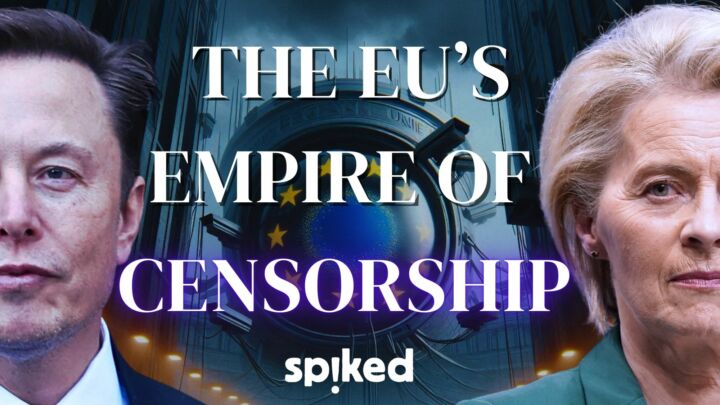
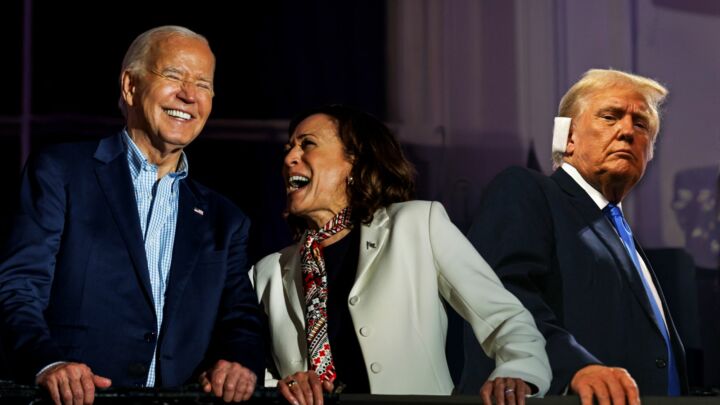
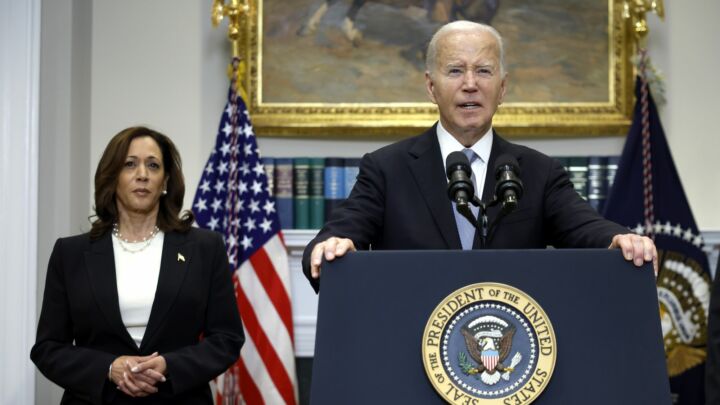
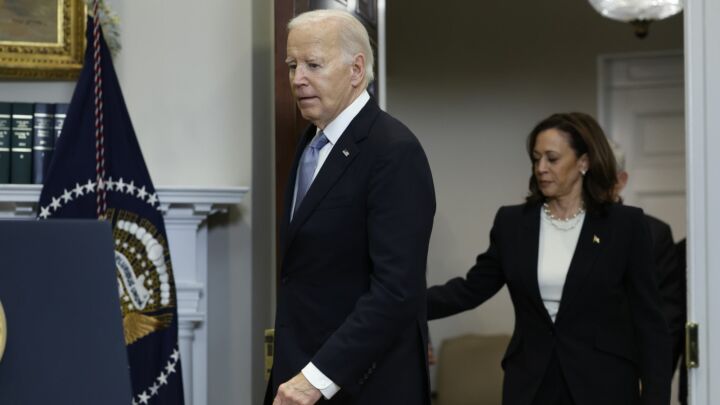
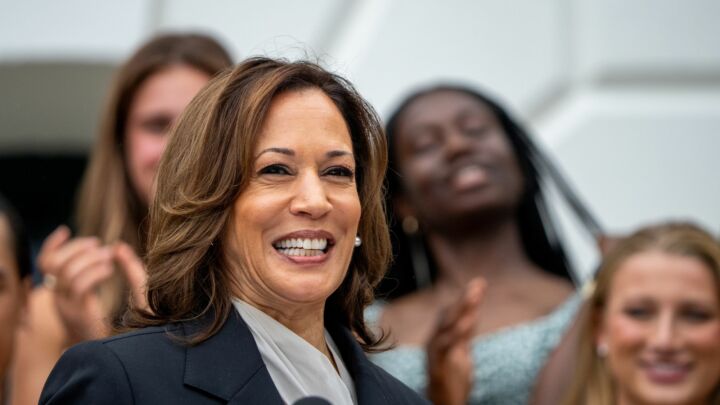
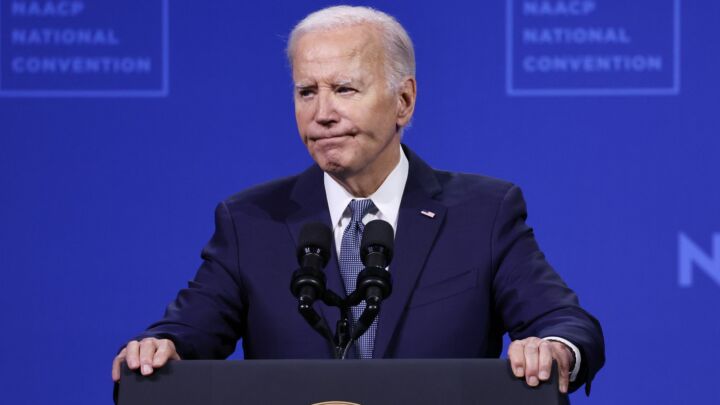


Comments
Want to join the conversation?
Only spiked supporters and patrons, who donate regularly to us, can comment on our articles.